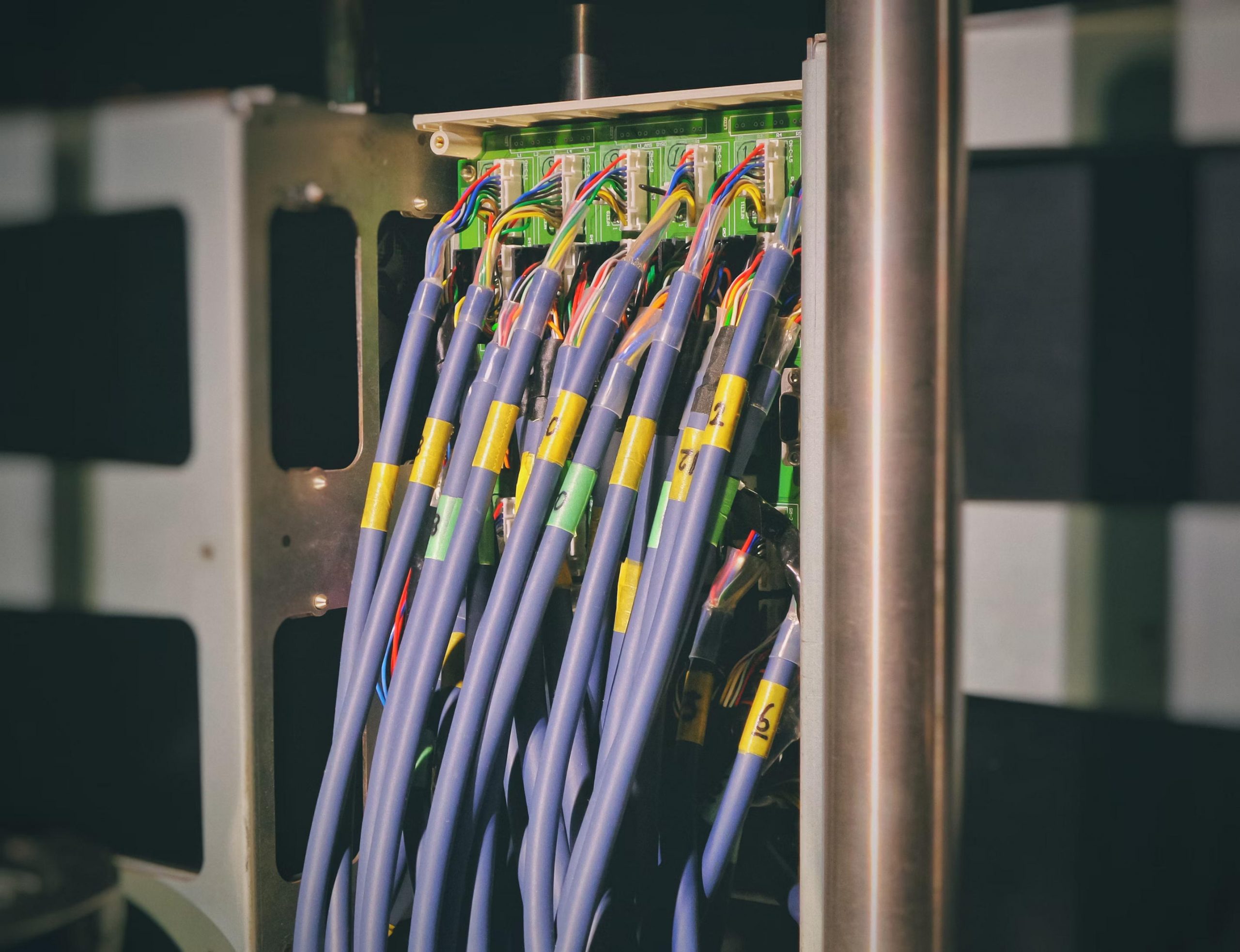US To Ban Huawei, ZTE From Certifying Wireless Kit

US FCC seeks to ban Chinese telecom firms at centre of national security concerns from certifying their wireless equipment
The United States is exploring new avenues in which it can enhance the restrictions it has already placed on certain Chinese firms over national security grounds.
The Federal Communications Commission (FCC) announced on Wednesday “a proposal to ensure that wireless equipment authorisations are not compromised by entities that have been found to pose national security concerns.”
“If adopted by a vote of the full Commission at its next Open Meeting, this bipartisan proposal would ensure that telecommunications certification bodies and test labs that certify wireless devices for the US market are not influenced by untrustworthy actors,” the US communications regulator added.

Chinese firms
The regulator’s proposal to clamp down on the ability of certain organisations such as Huawei, ZTE and others to certify their wireless products, came after the FCC last week had denied the ability of the test lab of Huawei to participate in the equipment authorisation program.
Huawei’s recognition as an accredited lab was set to expire on Tuesday, but the FCC has now denied the request by the Huawei lab for an extension of its recognition.
This new proposal going forward from the FCC “would permanently prohibit Huawei and other entities on the FCC’s Covered List from playing any role in the equipment authorisation program while also providing the FCC and its national security partners the necessary tools to safeguard this important process.”
“Communications networks are a part of everything we do, and it’s why their security matters more than ever before,” said Chairwoman Jessica Rosenworcel. “So we must ensure that our equipment authorization program and those entrusted with administering it can rise to the challenge posed by persistent and ever-changing security and supply chain threats.”
“This proposal represents another significant step in the FCC’s work to advance the security of America’s communications networks,” said Commissioner Brendan Carr. “It does so by proposing to ensure that the test labs and certification bodies that review electronic devices for compliance with FCC requirements are themselves trustworthy actors that the FCC can rely on.”
In implementing the Secure Equipment Act of 2021, the FCC adopted new equipment authorisation security rules that prohibit authorisation of communications equipment that has been determined to pose an unacceptable risk to national security.
The FCC’s equipment authorisation program reviews wireless devices prior to sale in the United States to ensure they abide by FCC power and spectrum band requirements.
National security
It is no secret that the United States, and other Western nations, have for years now been ramping up restrictions on certain equipment or product suppliers from countries of concern, namely China, Russia, Iran etc.
In 2019 for example, Huawei and Hikvision were placed on the US entity export control list, which restricted most US suppliers from shipping goods and technology to them unless they were granted licenses.
In 2020, the FCC designated Huawei and ZTE as national security threats to communications networks.
In 2021 the FCC granted approval for new rules banning new Huawei and ZTE equipment, and requiring carriers to ‘rip and replace’ existing kit from those Chinese firms.
In 2022 the FCC banned approvals of new telecommunications equipment from Huawei and ZTE as well as a number of other Chinese firms.
In 2022, the FCC added Russia’s AO Kaspersky Lab, China Telecom (Americas) Corp, China Mobile International USA, Pacific Networks Corp and China Unicom (Americas) to the covered list.